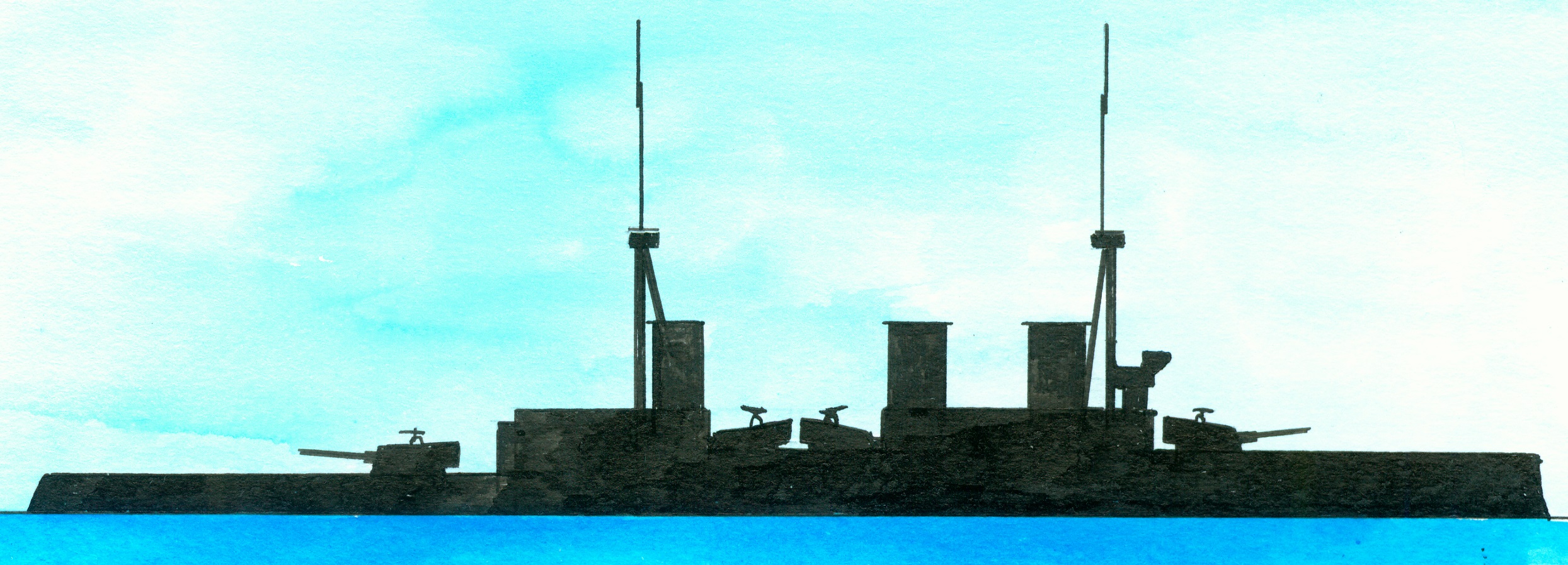Invincible-class
Renwick (1) asked the Admiralty what happened with the disappeared design plans of the Indomitable and if these were expected to get back. Minister McKenna (2) said that the plans were not returned suggesting that the plans were not stolen but wrongly stored. More explanation was not given. The Admiralty used to send her plans for new warships to the firm which was to build the warships with the conditions that just reliable engineers were allowed to see these and no copies were made. The firm Armstrong which built the Indomitable (3) had proven without any doubt that she had returned the plans so they were lost at the department of navy.
Notes
1. This must be sir George Renwick, 1st Baronet (8 March 1850 Newcastle upon Tyne -19 June 1931 ) which was not only a politician but also well known with the maritime world with large interests in dry docks. As an Conservative politician he was member of the British parliament in 1900-1906 and 1908-1910.
2. This must be Reginald McKenna 6 July 1863-6 September 1943) who was First Lord of the Admiralty in 1908-1911 and who moved from the admiralty to the Home Office as Home Secretary on 24 October 1911. Liberal politician.
3. This battle cruiser of the Invincible-class was laid down at the yard of Fairfield Shipbuilding & Engineering Co. Ltd. At Govan on 1 March 1906, launched on 26 June 1906 , commissioned on 20 June a year later, decommissioned in February 1919, stricken on 31 March 1920 and sold on 1 December of the next year to be broken up. With a displacement of 17,408 long tons/17,787 tons (load)-20,722 long tons/21,055 tons (deep load) were her dimensions 173 x 23,97 x 7,5 (normal)-9,081 (deep) metres or 567’ x 78’7.75” x 25’-29’9.5”. The Parsons steam turbines and 31 Babcock-boilers supplied 41,000 shp allowing a speed of 25,5 knots, Her crew numbered 784-1,000 men. The armament consisted of 4x2-30,48cm (12”) guns, 16x1-10,16cm (4”) guns, 7 machine guns and 5-18’ torpedo tubes (4xbeams, 1 stern).


